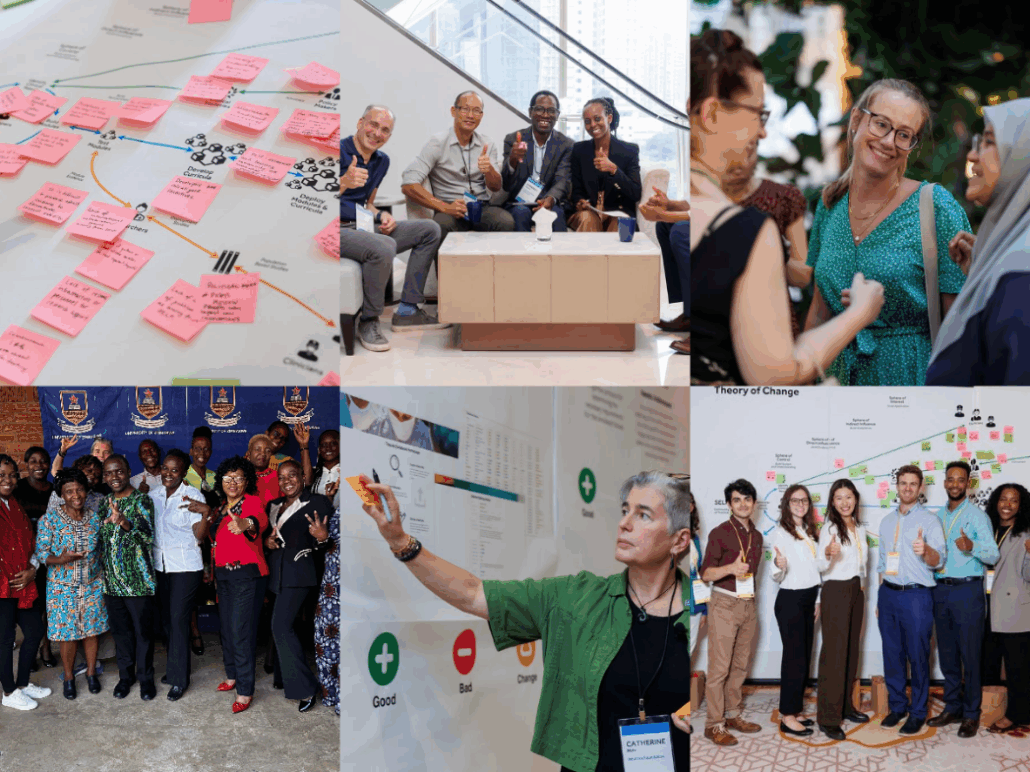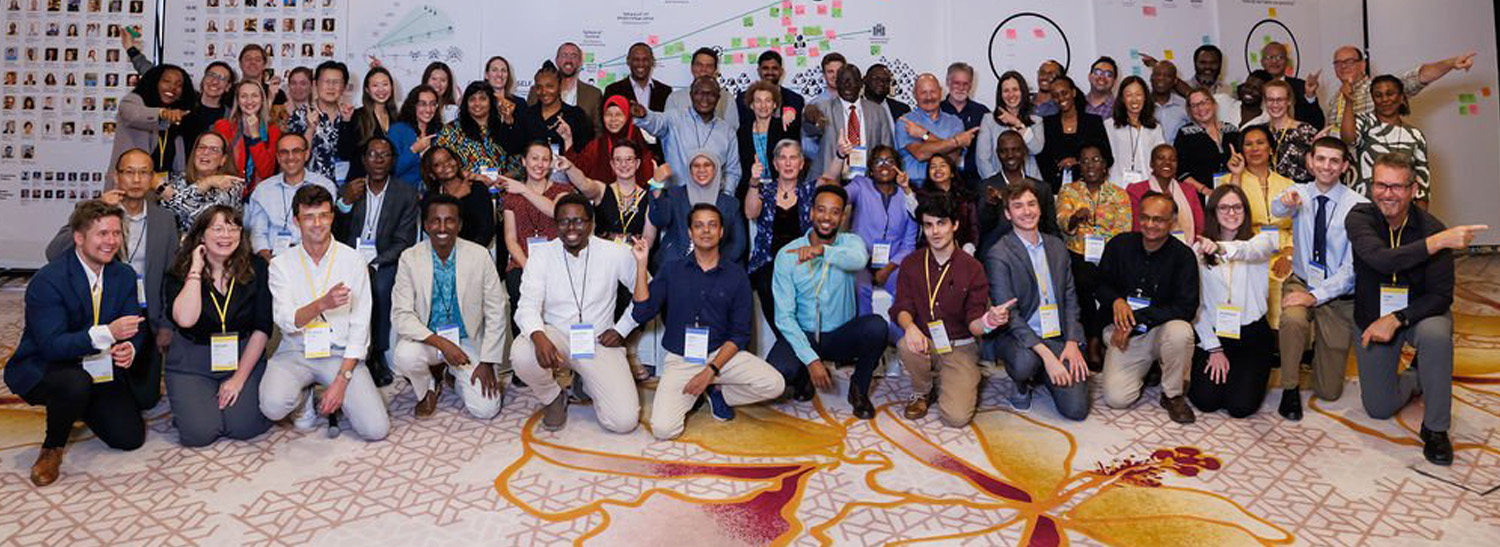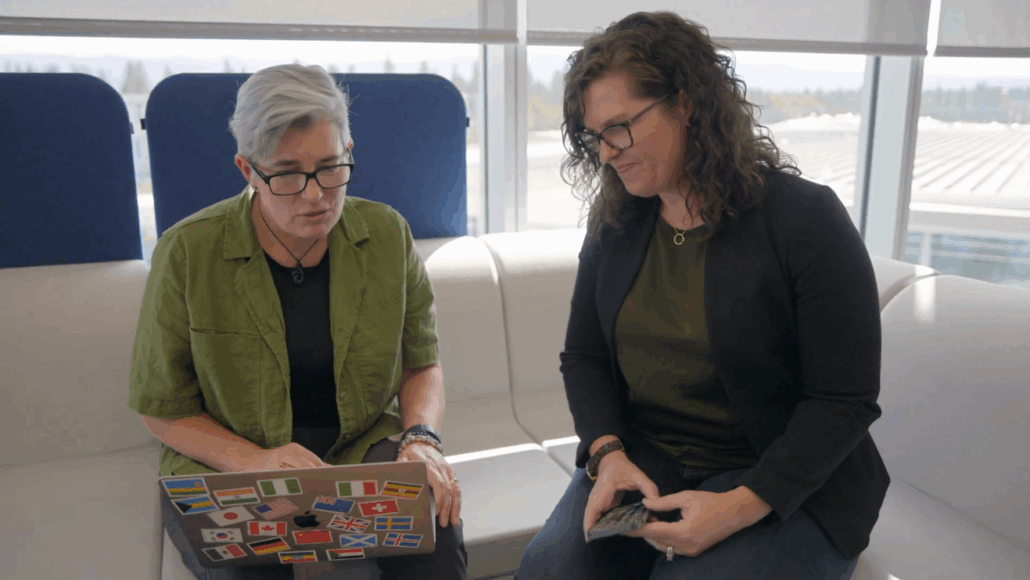Surgical Education Learners Forum
The Surgical Education Learners Forum (SELF) is an initiative aimed at addressing the global burden of disease by developing innovative, cost-effective, and scalable solutions for procedural skills training.
What Does SELF Do?
The SELF framework empowers clinicians to independently learn and assess the contextual knowledge and technical skills needed for specific procedures through freely available, simulation-based training modules. This approach allows clinicians to track their progress toward procedural competency on their own schedule, at their local practice site, and without requiring an in-person instructor.
This work is guided by the SELF community, an international group of diverse leaders who are united by a commitment to improving surgical care around the world.
Organizations Involved with SELF Include:
- Surgical learners seeking practical skill-building tools
- Educators and institutions implementing new training models
- Health systems investing in scalable surgical capacity
- Global health advocates committed to equity in medical education
SELF is an initiative of the Intuitive Foundation.
Join the Community
SELF is a community and a platform consisting of global leaders who are committed to bringing procedural skills training to the point of care. Whether you’re a student, a teacher, a system builder, or an innovator, we invite you to explore, contribute, and grow with the SELF community.
Learn more about SELF here.
“What’s possibly unique about what we’re doing is bringing it into an open source platform where we can build a seed crystal of important modules that others can then add their material onto. We want to bring it out of the lab and into common use.” – Dr. Catherine Mohr, President Intuitive Foundation
About the Intuitive Foundation



